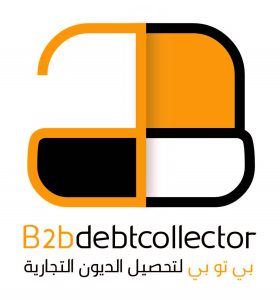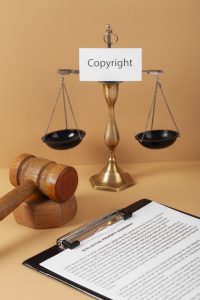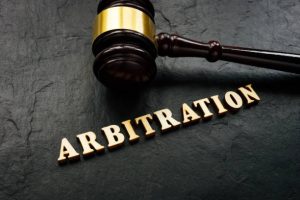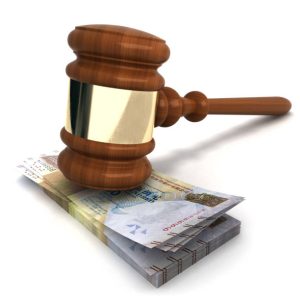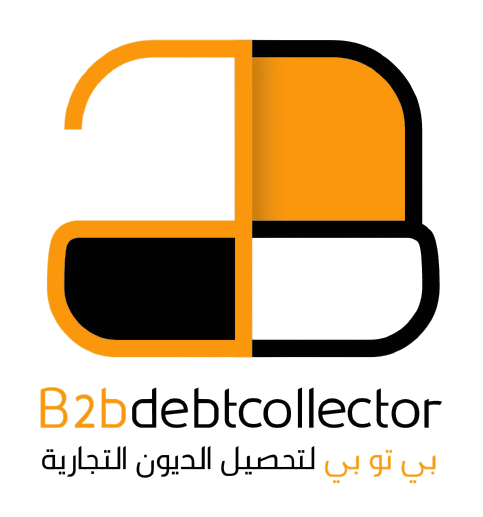Are you struggling to collect debts owed to your organization by clients or partners? Are you searching for effective solutions to recover outstanding amounts without risking your business relationships? Debt collection for organizations is a strategic process that involves both amicable and legal methods to ensure smooth cash flow. In this article, we address common questions like “What are the best debt collection methods for organizations?” and “How do I choose the right agency?” with detailed insights, practical steps, and actionable tips supported by bullet points for clarity, helping you make informed decisions and connect with professional services for tailored support.
What Is Debt Collection for Organizations?
Debt collection for organizations involves recovering overdue payments from clients or business partners using professional strategies that comply with legal standards. If you’re wondering about its scope, it includes amicable negotiations, legal actions, and automated tools, focusing on commercial debts from business transactions. The process aims to protect your organization’s financial stability while maintaining client relationships, avoiding lengthy disputes or financial losses.
- Types of Debts: Commercial debts from goods, services, or internal obligations like employee loans.
- Purpose: Ensures liquidity and minimizes the risk of financial distress.
- Difference from Personal Collection: Focuses on larger volumes and professional relationships.
Why Do Organizations Need Debt Collection Services?
Organizations face challenges with delayed payments that disrupt cash flow, making specialized debt collection services essential. If you’re curious about their benefits, they save time, reduce internal costs, and increase recovery rates through expert handling of difficult debtors, all while preserving your organization’s reputation and adhering to legal standards.
- Time-Saving: Delegates collection tasks, freeing your team for core operations.
- Legal Compliance: Ensures adherence to fair debt collection laws.
- Relationship Preservation: Uses diplomatic approaches to maintain client trust.
How Does Debt Collection for Organizations Work?
The process begins with assessing the debt, followed by contacting the debtor and escalating to legal measures if needed. If you’re wondering about the steps, they involve reviewing contracts or invoices, sending formal notices, negotiating payment plans, and pursuing court action or third-party services when necessary, with a focus on efficiency to avoid delays.
- Initial Assessment: Evaluates debt value and delinquency duration.
- Communication: Sends reminders via calls, emails, or letters.
- Negotiation: Proposes flexible repayment options or discounts.
- Escalation: Pursues legal action or engages collection agencies.
Types of Debt Collection Services for Organizations
Services range from amicable negotiations to legal enforcement and automated systems, tailored to your organization’s needs. If you’re asking about options, amicable methods prioritize settlements, legal methods involve lawsuits, and automated tools streamline tracking, with integrated solutions combining all three for maximum efficiency.
- Amicable: Direct negotiations for peaceful resolutions.
- Legal: Court filings to secure judgments.
- Automated: Software for reminders and debt tracking.
- Integrated: Agencies offering a mix of all approaches.
When Should Organizations Use Debt Collection Services?
Consider these services when payments are significantly delayed or debtors are unresponsive. If you’re wondering about timing, they’re ideal after failed internal collection attempts, especially for large or complex commercial debts, while ensuring action is taken before legal deadlines like statutes of limitations expire.
- Warning Signs: Repeated delays or ignored communications.
- Suitable Cases: Multiple or high-value debts impacting cash flow.
- Optimal Timing: After internal efforts fail to yield results.
How to Choose the Right Debt Collection Agency for Your Organization
Selecting an agency depends on their expertise, reputation, and compliance with regulations. If you’re curious about criteria, look for licensed agencies with transparent processes and proven success in your industry, and request an initial consultation to assess compatibility with your needs.
- Expertise: Experience in your sector, like retail or services.
- Reputation: Positive reviews from other organizations.
- Transparency: Clear explanation of fees and methods.
- Compliance: Adherence to local and international laws.
Benefits of Using Debt Collection Agencies for Organizations
Agencies provide specialized expertise that boosts recovery rates without overburdening your team. If you’re wondering about advantages, they handle challenging debtors professionally, reduce internal costs, and protect your reputation through ethical practices, allowing you to focus on growth.
- Efficiency: Streamlined processes for faster results.
- Cost-Effective: Often operates on a contingency fee basis.
- Protection: Avoids legal errors that could harm your case.
- Focus: Lets you prioritize core business activities.
Does Debt Collection Affect Your Organization’s Relationships?
When handled professionally, debt collection can maintain or even strengthen client relationships. If you’re concerned about impact, agencies use diplomatic methods to minimize conflict, ensuring debtors feel respected while encouraging future cooperation.
- Diplomatic Methods: Preserve long-term client trust.
- Professional Communication: Reduces tension with debtors.
- Positive Outcomes: May improve payment reliability.
Legal Procedures in Debt Collection for Organizations
Legal actions include filing lawsuits, seizing assets, and enforcing judgments. If you’re asking about the process, it starts with formal notices, followed by court proceedings, with compliance to laws like commercial regulations to ensure enforceability.
- Notices: Formal demand letters to debtors.
- Lawsuits: Filing cases in competent courts.
- Seizures: Targeting assets like bank accounts or property.
- Enforcement: Executing judgments through auctions or wage garnishment.
How to Protect Your Organization During Debt Collection
Protect your organization by using clear contracts and securing guarantees. If you’re wondering about safeguards, verify client backgrounds, set strict credit policies, and monitor payments regularly to prevent debt accumulation.
- Contracts: Define payment terms and penalties clearly.
- Background Checks: Assess clients’ financial reliability.
- Monitoring: Send timely payment reminders.
- Guarantees: Use collateral or personal guarantees for large debts.
Next Steps: Start Your Debt Collection Process
If you’re ready to recover your organization’s debts, assess your outstanding amounts and consult a professional agency. Contact us for a free consultation to evaluate your case.
- Assessment: Review your delinquent debts.
- Selection: Choose a suitable collection service.
- Action: Begin the recovery process promptly.
Is Your Organization Ready to Recover Its Debts?
Debt collection is key to your organization’s financial stability. Contact us today for professional support and start recovering your funds with confidence and efficiency.
